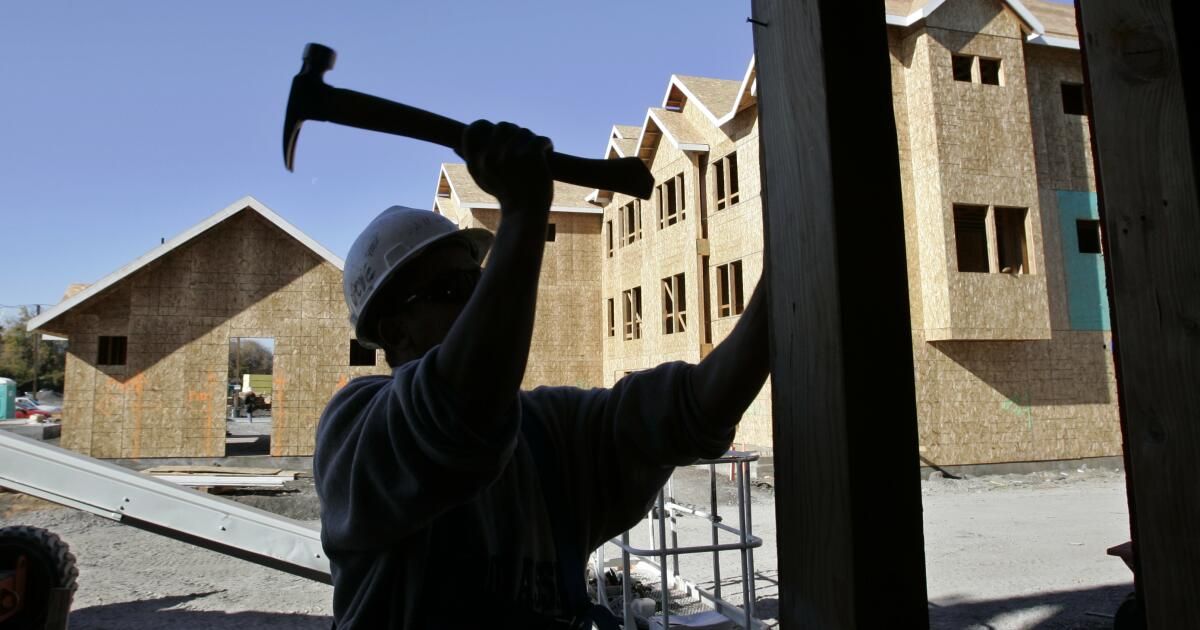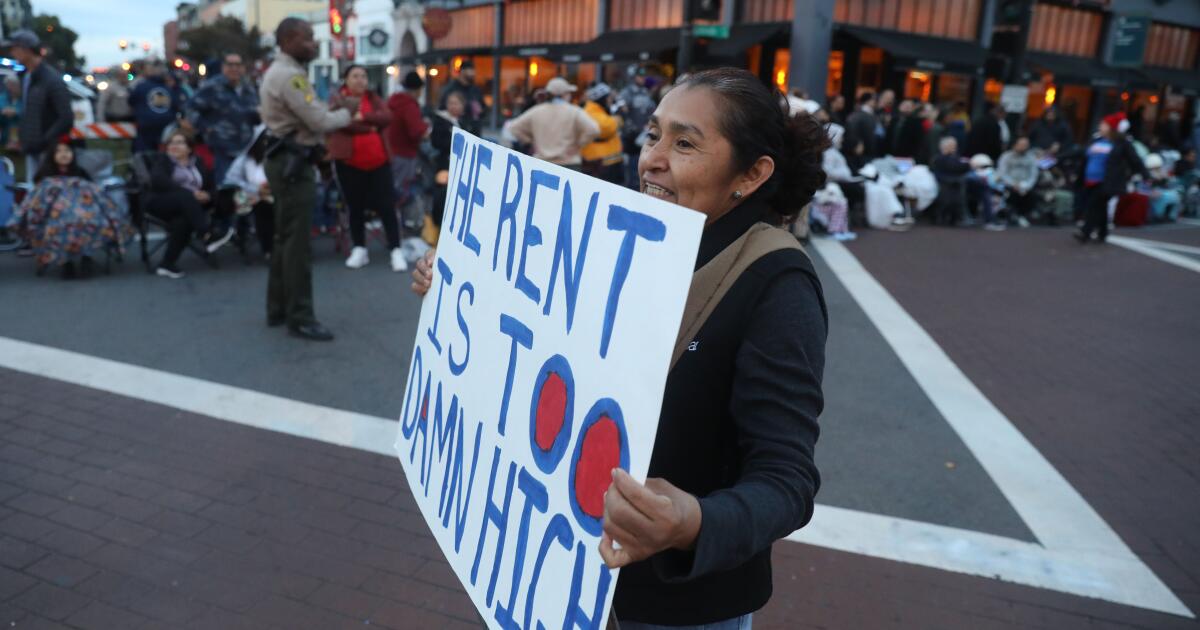Latinos in California face off Significant disparities in income, homeownership and education compared to their counterparts in other states with substantial Latino populations like Texas and Florida.
Our state’s housing crisis is a big part of the explanation, and one cause of the crisis is the perversion of a well-intentioned 1970 law, the California Environmental Quality Act, known as CEQA. It has become the most potent legal tactic to stifle housing development, contributing to high costs and limited affordability. Even when a development project is able to overcome legal barriers, the housing ultimately approved is unaffordable for working families because a complex web of regulatory environmental mandates and fees adds hundreds of thousands of dollars to the cost of each new home or apartment.
This is an obstacle to upward mobility for all Californians, especially young people, which in this state especially means Latinos, who make up 40% of the population and represent more than half of residents under the age of 18. CEQA needs to be reformed to put the American dream back within reach for young Californians.
The value of homeownership is profound, providing both housing and the long-term stability of being part of a neighborhood and school community, not to mention generational wealth and savings. Yet California is a tough place to achieve that dream. In 2022, only 46% of Latino households here owned their homes, compared to 51% nationally. Rates were 59% in Texas, 55% in Florida, and more than 70% in New Mexico.
With California median home price tops $900,000 in AprilCalifornia’s housing policy decisions have made homeownership a distant dream for most younger residents and for most working Latino families, many of whom did not inherit home equity wealth from their parents and who are not on track to pass that home equity on to their children.
CEQA, intended as a progressive environmental policy, now clearly undermines the economic potential of California’s Latino population. This process began in the 1970s, when a largely white, upper-class environmental movement emerged as a dominant political force. CEQA was enacted to minimize environmental damage from public works projects like infrastructure, but a 1972 court ruling expanded it to cover housing construction. After thousands of subsequent lawsuits under CEQA, it now applies even to home remodeling.
This law has strayed far from its original purpose and needs to be reined in. Virtually anyone, even those with no direct interest in the project or the environment, can file a lawsuit to block housing construction for any reason. Cases can be filed anonymously. One real estate company even sues to block another company's project. for competitive reasons.
The state government's Little Hoover Commission has urged the Legislature to exempt all stuffed The commission also called for an end to anonymous CEQA lawsuits, a ban on lawsuits brought for non-environmental reasons, and clarification and acceleration of the CEQA process.
Although the California Legislature has enacted nearly 200 laws since 2017 aimed at increasing housing supply and reducing bureaucratic costs and delays, lawmakers have failed to rein in abuse of CEQA. They also never authorized most of CEQA's expanded judicial mission. As currently interpreted, the law has become biased against changes to private views, against noise from temporary construction during daylight hours, and against common urban species like seagulls and robins. Housing policies designed to overcome these CEQA hurdles, such as Prioritizing the construction of high-density housing near public transportation is economically unviable. in almost all of California while More affordable housing, in areas where Latino homeownership is on the rise, continues to come under attack from development advocates..
The backwards mentality of current environmental policy ends up being anti-popular. and anti-environmental. The California Air Resources Board, whose policies are enforced through CEQA, counts jobs and people moving out of a city or county as “greenhouse gas emissions reductions,” even when these jobs and people move to states and even countries with much laxer environmental standards. California’s job and population loss will likely increase global greenhouse gas emissions. That’s how far California’s “leadership” on climate change goes.
The agencies and advocates promoting this “degrowth” agenda through CEQA share the “no growth” dogma of 1970s environmentalists, which then and now really means “no growth for ‘those people.'” The intent is racist and the effect is racist. The housing crisis hits black and Latino Californians the hardest, as Even CARB and the Nonpartisan Legislative Analysts Office we now expressly recognize.
California cannot address its housing and homelessness crisis without building millions of new homes that are truly affordable for California's working families—and doing it much faster, without the counterproductive legal barriers that add delay and cost.
CEQA reform is critical to achieving this. A good start would be an immediate moratorium on CEQA lawsuits based on any theory not expressly authorized by statute or regulation. The governor should simply order agencies and urge courts to follow the law and reject such lawsuits.
Today's much more diverse Legislature should also be able to do more and serve all Californians better than the sea of white leaders and judges who have for so long been captured by NIMBY environmentalists.
It's time we admit the failures of CEQA expansion and begin making the policy changes necessary to restore the American dream of homeownership for a younger, more diverse California.
Soledad Ursua is an elected board member of the Venice Neighborhood Council. Jennifer Hernandez is a partner at the law firm Holland & Knight. Ursúa is the lead author and Hernandez is a contributor to the recent report “The future is Latin.”












